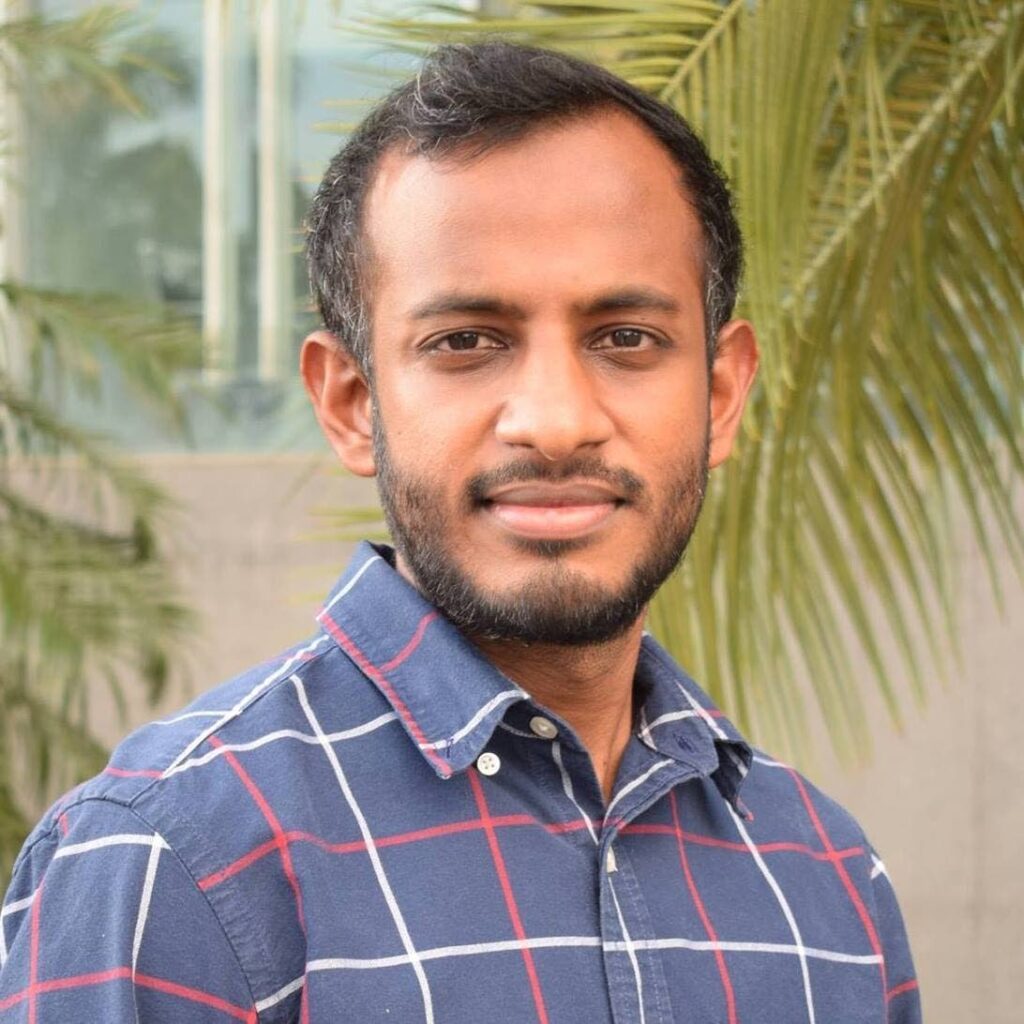The doctor (grandchild)-grandparent relationship

Taureef Mohammed
LAST WEEK, during interviews of prospective geriatric medicine residents, grandparents came up often. It was not unexpected.
“If you look at what inspired many geriatricians to go into geriatric medicine,” a geriatrician once told me, “you’ll find a grandparent.”
Perhaps the same could be said of many doctors. For many of us, our first impressions of illness and medicine had been formed by a white-haired relative, way before we started watching medical TV dramas about young doctors saving young patients. (With time, we eventually learned that our first impressions were more accurate.)
The first sick people we knew were our grandparents; our first experience with dying and death was losing a grandparent; the first family consult we got during medical school was probably about a grandparent. In one online medical school forum, some users advised medical-school applicants to ditch the overused grandparent story.
So, we developed, through medicine, special connections with our grandparents. And perhaps those connections were special not only because they were our grandparents, but also because they were two generations away – they had grown up in a vastly different world and, consequently, had a very different view of our world.
In our polarised, algorithm-driven world – a world of trends, similar interests, and plenty of sameness – such connections were precious. And for younger people, pursuing everything under the sun, none other than their overly zealous parents cheering them on, a connection with an imperturbable older person helped to keep it real.
A few months ago, during a placement at Grand River Hospital in Kitchener-Waterloo, I chatted with Pearl Ifeadi, an undergraduate at the University of Waterloo. An aspiring doctor, she was doing a degree in biomedical science and physiology with the hope of applying to medical school in the future.
She was a volunteer in the Hospital Elder Life Program, a volunteer-driven, globally-recognised initiative that has been shown to improve outcomes for older hospitalised patients. Volunteers engaged older patients through conversation and other cognitively-stimulating activities. As I was about to leave the hospital, I met her preparing for an evening shift.
“I like the evening shift, coming to the hospital after school or work – it’s like I am leaving the material world outside and getting a chance to focus on what’s really important,” she said.
“You put the studying aside and learn things like gratitude. Patients are always very grateful – all they seem to want is people around to talk to.”
Empathy, she added, was another lesson she had picked up during her time as a volunteer in the hospital. “We are all human, but an older person’s reaction may be different to another person’s. So, you have to learn to put yourself in their shoes.”
Pearl seemed to be following a similar path to Dr Sheri-Lynn Kane, chair of geriatric medicine at Western University, and a University of Waterloo alumna. I asked her about her inspiration to do geriatric medicine.
“I was a kinesiology undergraduate student (at Waterloo) at the time, and my research was on falls in elderly patients. I had three hours with each patient, and there was just this realisation that this population was so experienced and so wise, and I loved the time that I spent with the participants.”
She added: “I had not even thought about medicine as yet, but I had already decided on geriatrics.”
The grandparent stories followed.
“I was the eldest grandchild, so I got a lot of time with all four grandparents.
“There were two major experiences with illness: one was with my maternal grandfather who was diagnosed with colon cancer in his seventies. I was an intern at the time and he said to me, ‘Please don’t let me go back to the hospital.’
"We had to honour his wishes and, though it was a challenge to get all the services, we managed to palliate him at home.”
Later on, she added, her maternal grandmother developed Alzheimer’s disease, and as the doctor grandchild who understood dementia, she tried her best to comfort her "grand-maman."
Our world is one that pushes everybody – old and young – apart. Medicine, though, has a way of bringing us back together. In medicine, multiple times per day, day after day, we build connections across divides, across ages, across generations. Building these doctor-patient relationships makes the daily work of a doctor very enriching.
Having a grandparent or an elderly neighbour to visit provides a similar opportunity. We just need to leave our world behind – just for a moment.
Taureef Mohammed is a graduate of UWI and a geriatric medicine fellow at Western University, Canada

Comments
"The doctor (grandchild)-grandparent relationship"